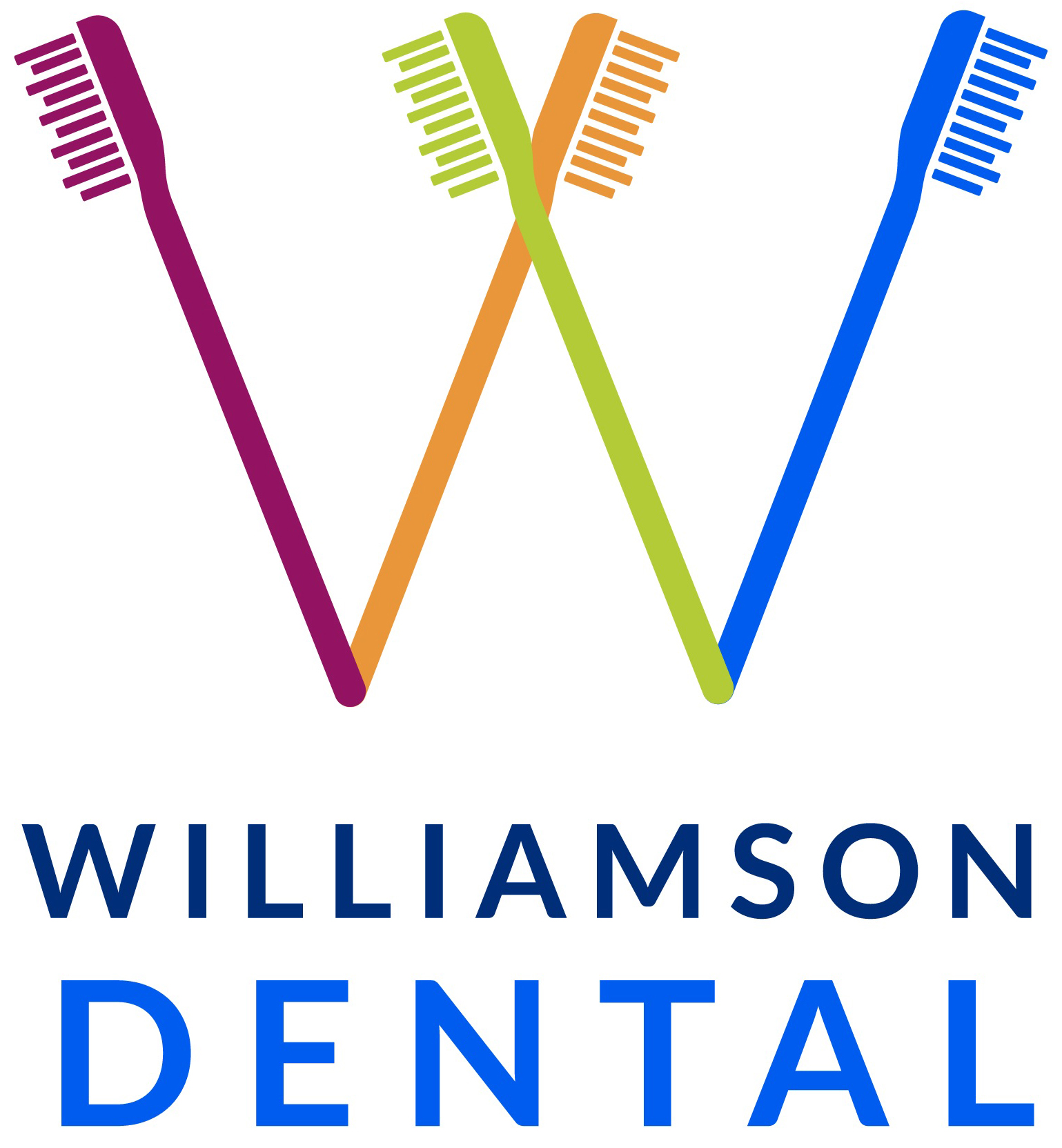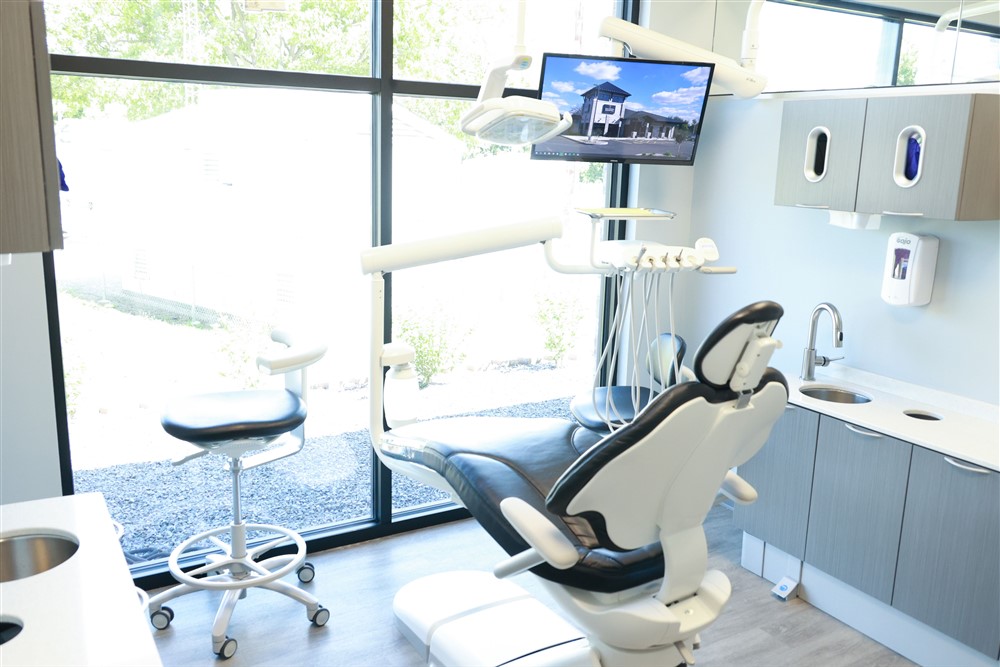Losing teeth isn’t ideal, but sometimes it’s unavoidable. A tooth may need to be extracted because the damage is too extensive or if other options aren’t financially feasible. However, leaving a gap where your tooth used to be can pose a lot of cosmetic and health problems.
If your tooth is not salvageable and needs to be extracted, you should always have it replaced. There are many options, ranging from dental implants, dental bridges, or partial and full dentures. Filling the space where the tooth was can prevent teeth shifting, bone loss, and difficulty with chewing or eating. Here are five potential dental issues caused by missing teeth:
- TEETH SHIFTING & CROOKED TEETH
When you lose a tooth and don’t fill the space, your surrounding teeth lean into this space. In turn, all of your teeth shift, which can cause crooked teeth and difficulty with proper cleaning.
When your teeth shift, this can cause overcrowding which can lead to uncomfortable pressure between teeth. As a result, this can become a place for bacteria to get trapped and make it difficult to adequately brush and floss.
- BONE LOSS
Your jawbone needs stimulation to preserve bone health. When you lose a tooth, there is no longer stimulation penetrating the jawbone from chewing. As a result, the bone deteriorates and leads to further bone loss. This can also cause the weakening of your surrounding teeth.
The only tooth replacement that can preserve the jawbone is a dental implant. Due to osseointegration, the bone grows around the implant and fuses with the jawbone. When you chew, the jawbone is stimulated again and prevents further bone deterioration.
- COSMETIC PROBLEMS
There are various cosmetic problems associated with missing teeth aside from a visible gap in the gum line. Shifting teeth can cause crooked and overcrowded teeth. Your skin can also begin to sag if you have lost multiple teeth because your mouth is no longer properly supporting the skin. This can cause you to lose your youthful appearance as well as presenting issues with your smile.
- INCREASED RISK OF INFECTION & GUM DISEASE
A space in the gum line is the perfect place for bacteria to penetrate. Food particles and plaque can accumulate in this space, resulting in bacteria and possibly infection. If bacteria enter the socket, they can enter the bloodstream and spread through your body.
Harboring bacteria in the empty socket leads to inflammation and eventually gum disease. In turn, gum disease increases your risk of losing more teeth and jawbone.
- SPEECH & CHEWING DIFFICULTIES
Even with just one missing tooth, chewing can become more difficult, especially if the lost tooth was a molar that was reliably used for chewing. Eating harder foods can also stab the empty socket and be painful.
As the number of teeth lost increases, it may be difficult to speak, because missing teeth can alter your facial structure and cause jawbone deterioration. If your teeth have shifted, your bite can be altered, which could also lead to teeth grinding or TMJ disorder.
Don’t Wait To Replace A Missing Tooth – Get Dentures Or Implants At Williamson Dental
Failing to replace a missing tooth can have serious consequences, such as shifting and crooked teeth, sagging skin, bone loss, and an increased risk for infection and gum disease. Thankfully, there are multiple ways to replace a missing tooth and prevent these health consequences from happening. To reduce your chance of losing a tooth, you should cover a weak tooth with a dental crown.
Find out if dental implants or dentures are right for you, contact Williamson Dental in Columbia, IL to schedule an appointment with Dr. Nathan Williamson. We will work with you to come up with the best treatment plan that fits your budget and addresses your health concerns.



